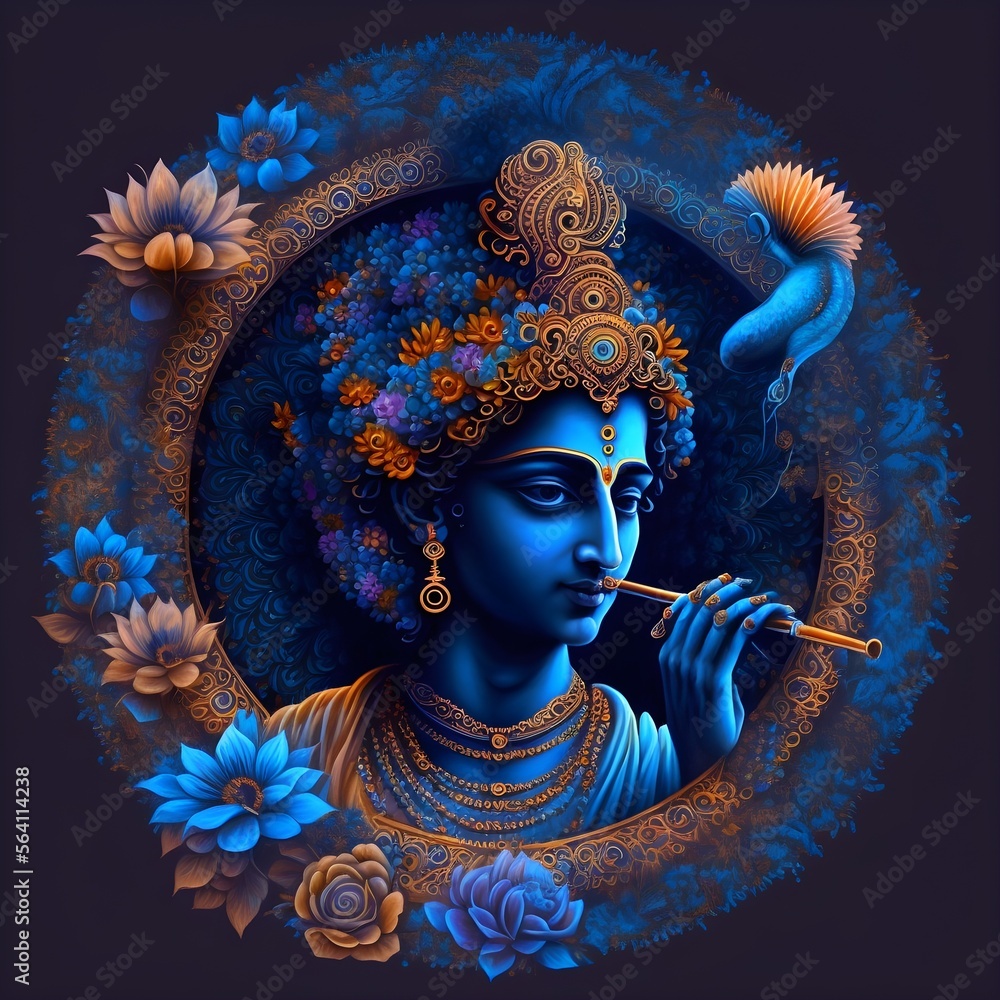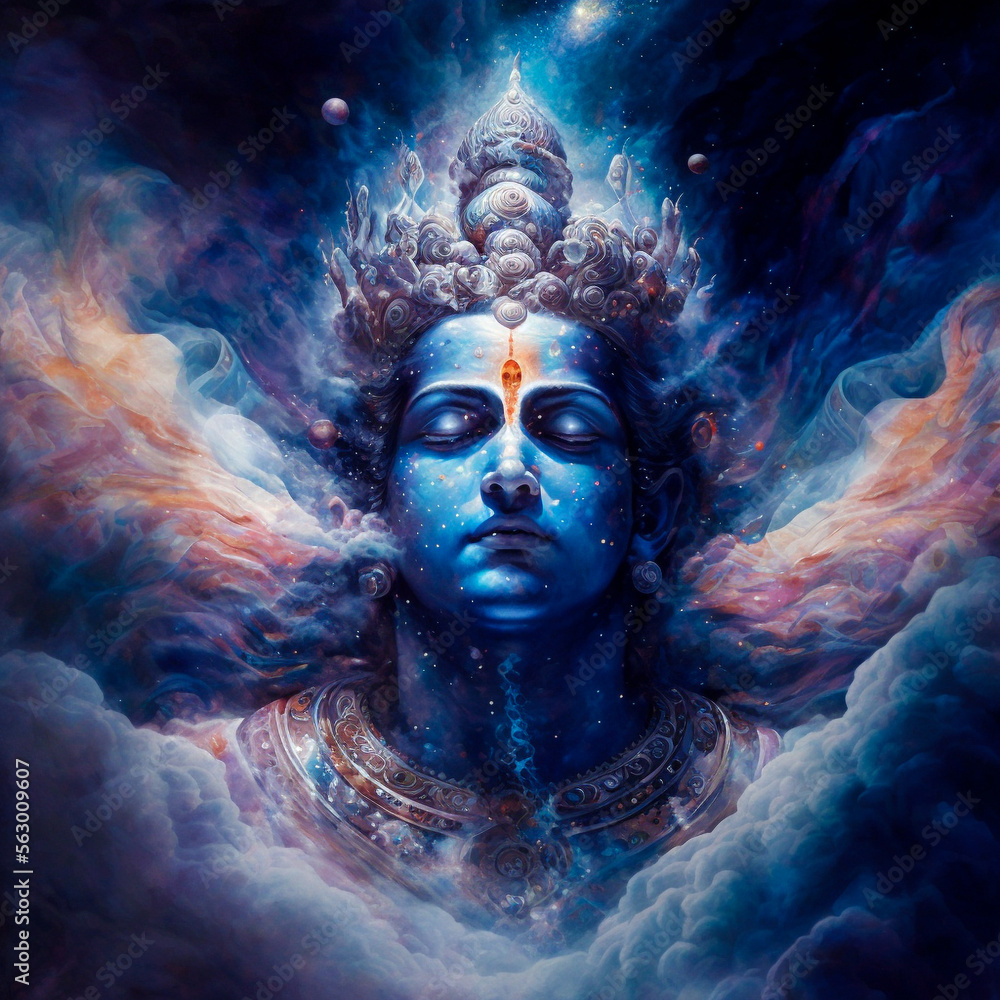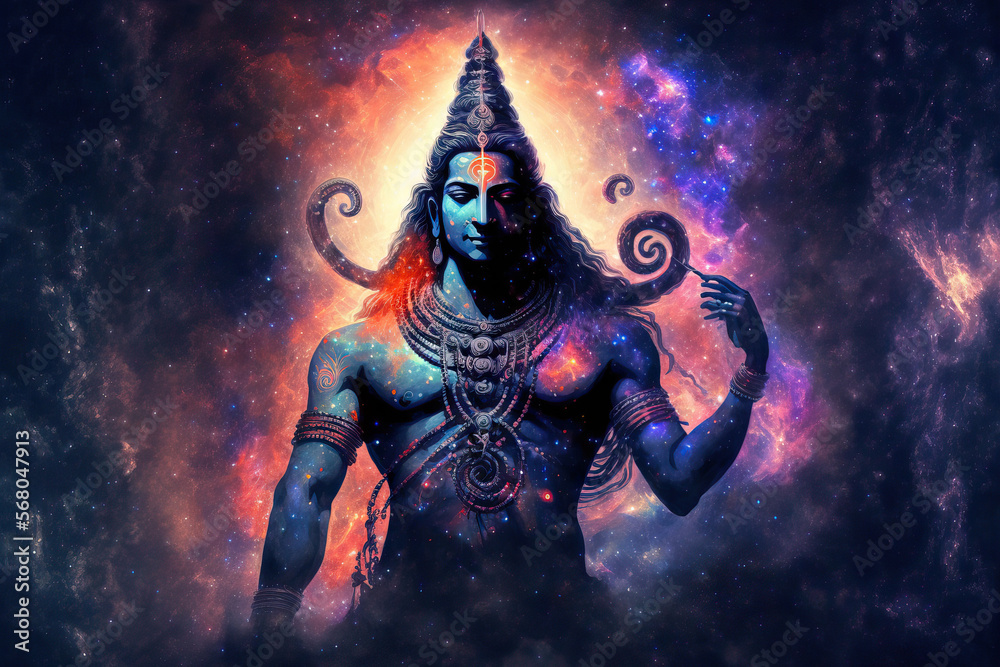Lord Of Rings The- Understanding Power And Authority
When we think about the epic saga, "Lord of Rings The," a central idea often comes to mind: the concept of having control or influence over others. This idea, so deeply woven into the fabric of the story, shapes the destinies of many characters and, in a way, defines the very conflict at its core. It's about who holds sway, who commands respect, and what it truly means to be in charge of something significant, like a powerful artifact or a whole land.
This idea of someone with great sway, someone who acts as a main figure or a top person, shows up in many different forms throughout the tales. From the shadowy figure who craves absolute rule to the wise guides and the returning kings, the story explores what it means for someone to possess a lot of influence, and how that influence can be used for good or for something quite different, you know.
Thinking about this theme helps us see the story's events and the people in it from a fresh angle. It helps us appreciate the struggles, the sacrifices, and the ultimate choices made by those who either seek to gain such sway or those who try to resist it, all within the world of "lord of rings the," so it's almost a deeper look.
Table of Contents
- What Does "Lord" Really Mean?
- The Dark Master- Who is the "Lord" of Rings The?
- Beyond the Dark Tower- Other Figures of Influence in Lord of Rings The
- The Weight of the Ring- How Does the Ring Exert Its Own "Lordship"?
- A Deeper Look- What Does "Lord" Mean in Ancient Texts and How Does it Shape Lord of Rings The?
- Noble Blood and Rightful Rule- How Does Nobility Play a Part in Lord of Rings The?
- The Conflict of Wills- Are There Different Kinds of "Lordship" in Lord of Rings The?
- The True Meaning of Being in Charge in Lord of Rings The
What Does "Lord" Really Mean?
Someone called a 'lord' is, in essence, a figure, perhaps even a divine one, who holds sway, who guides the actions of others, or who possesses a great deal of influence. This kind of person often acts as a principal figure, a head, or someone who governs. It's a way of addressing someone who carries a lot of weight in their position, someone who can tell others what to do and expect it to happen. The idea goes beyond just a simple label, you know, it carries a lot of historical and even spiritual weight, as a matter of fact. It’s a term that speaks to someone having a definite hold over situations or people, showing a kind of mastery.
For instance, in older writings, this word frequently points to a powerful being or a person who has considerable command over things. It suggests a position of being in charge, someone who directs, or even a person who owns something important. The way we use it in a sentence usually shows this sense of command. It’s about someone who is the top dog, so to speak, someone who has the final say in a lot of matters. This basic idea of having power and control is what gives the word its lasting impact, pretty much.
The Dark Master- Who is the "Lord" of Rings The?
When we talk about "lord of rings the," the first character who springs to mind as the ultimate 'lord' is, without a doubt, Sauron. He is the very embodiment of someone who desires absolute authority and complete sway over all things. His aim is to become the supreme master, the chief director of all Middle-earth, and the sole person who rules every living thing. He isn't just seeking a little influence; he wants total command, a kind of ownership over the very destinies of peoples and lands. This desire is what sets the whole story in motion, actually.
Sauron's quest for the One Ring is all about solidifying his position as this ultimate figure of power. The Ring itself is a tool crafted to extend his will, to make him the undisputed person in charge. He wants to be the one who dictates everything, the one who has power over everyone else, and the one who is the true owner of all dominion. His methods involve fear and force, making him a tyrannical leader, someone who commands through terror rather than respect. He truly is the central figure of malevolent influence in "lord of rings the," in a way.
Beyond the Dark Tower- Other Figures of Influence in Lord of Rings The
While Sauron stands as the dark symbol of authority, "lord of rings the" also shows us other characters who hold significant sway, though in very different ways. Take Gandalf, for example. He doesn't rule a kingdom or command armies in the usual sense, but his wisdom and guidance make him a powerful figure. He is a sort of spiritual guide, a chief advisor, whose influence shapes events and inspires others to act. He leads by example and counsel, rather than by force, which is a very different kind of being in charge, you know.
Then there's Elrond, the ancient Elf who presides over Rivendell. He's a figure of immense knowledge and long experience, a kind of elder statesman. People come to him for advice and shelter, acknowledging his deep understanding and the quiet power he possesses. He doesn't seek to govern others outside his sanctuary, but within it, he is the undisputed head, a master of ancient lore and a protector of his people. His presence offers a different perspective on what it means to be a person of influence in "lord of rings the," as a matter of fact.
And of course, there's Aragorn, the true king in waiting. His claim to being a 'lord' is rooted in his lineage, his birthright to rule. He doesn't yet have the throne, but his inherent qualities of leadership, his courage, and his dedication to his people mark him as a future person of great command. His journey is about reclaiming his rightful place as a leader, someone who can guide and protect his people with integrity. He represents the kind of leadership that is earned through sacrifice and dedication, a very different sort of person in charge within "lord of rings the."
The Weight of the Ring- How Does the Ring Exert Its Own "Lordship"?
It's interesting to consider that in "lord of rings the," the very object at the center of the story, the One Ring, also exhibits a kind of 'lordship' over those who possess it. The Ring itself has a will, a desire to return to its maker, and it exerts a subtle, yet incredibly strong, influence on anyone who carries it. It twists their thoughts, plays on their desires, and slowly begins to take control of their very being. It becomes a master of sorts, slowly turning its bearer into its servant, basically.
This power isn't about direct command like a person giving orders; it's a more insidious kind of sway. It promises great things, whispers temptations, and offers a sense of immense capability, all while slowly eroding the bearer's true self. Frodo experiences this firsthand, feeling the immense weight of its influence, how it tries to make him its own person of command. Even those who only glimpse it or hear of it can feel its pull, a subtle form of being in charge of their thoughts. It shows how power itself can be a kind of 'lord,' dictating actions without a visible hand, in a way, within "lord of rings the."
A Deeper Look- What Does "Lord" Mean in Ancient Texts and How Does it Shape Lord of Rings The?
The idea of 'lord' also carries a profound meaning in very old writings, particularly those with a spiritual focus. In many ancient texts, when the word 'lord' refers to a divine being, it often points to a name or a title that highlights supreme authority. For example, in some ancient scriptures, a name often used for a supreme being emphasizes that being's ultimate sway over everything. This kind of 'lordship' is about being the creator, the sustainer, the one who truly owns all existence. It's a meaning that goes far beyond just a simple label, you know, it speaks to an all-encompassing kind of command.
This deeper, spiritual sense of 'lordship' can, in a way, cast a light on the conflict in "lord of rings the." Sauron seeks to be the 'lord' of Middle-earth, but his is a false, destructive form of being in charge. There's an unspoken contrast with a higher, true authority that governs the world, perhaps hinted at by the Valar or even a more distant, benevolent creator. The story, in a sense, explores the difference between a tyrannical figure who wants to seize command and a rightful, good kind of ultimate sway that is inherent in the very fabric of existence. It's a subtle but important parallel, basically.
The ancient term for a supreme being, sometimes translated as 'lord,' speaks to someone having complete power and the right to command over all things. It's a label that means the ultimate owner and director. When the new scriptures speak of a divine figure, they sometimes use a Greek word that is also rendered as 'lord,' emphasizing this divine person's ultimate authority. It’s really important that we grasp the proper meaning of this word, because it shapes our grasp of who is truly in charge, and this idea echoes throughout the themes of "lord of rings the," in some respects.
Noble Blood and Rightful Rule- How Does Nobility Play a Part in Lord of Rings The?
In some societies, especially older ones, being called a 'lord' also means you hold a very high position in the ranks of those with inherited status, like a duke or a marquis. It's about having a distinguished background, a family name that carries a lot of weight and a long history. These individuals often live in grand homes and possess significant land, showing their elevated standing. This idea of inherited rank and the responsibilities that come with it plays a notable part in "lord of rings the," as a matter of fact.
Aragorn's story is the best example of this. He is, by birth, the rightful king, a person destined to sit on the throne and be the true leader. His 'lordship' is not something he seeks to take by force, but something he must earn through his actions, proving himself worthy of his lineage. His journey is about accepting his role as the true head of his people, someone who will guide them with justice and care. This concept of rightful heritage and the duties it brings is a strong undercurrent throughout "lord of rings the," you know.
Even figures like Denethor, the Steward of Gondor, embody a kind of 'lordship' that comes from a long line of appointed rulers. While not a king, he acts as the head of his city, holding significant power and command. His eventual downfall shows what happens when a person in such a position succumbs to despair and tries to wield power in a way that is not true to its purpose. The narrative explores how inherited status can be a burden or a blessing, depending on the character of the person who holds it, basically, within "lord of rings the."
The Conflict of Wills- Are There Different Kinds of "Lordship" in Lord of Rings The?
The story of "lord of rings the" really puts on display the many different ways one can be a 'lord' or hold sway over others. On one side, you have Sauron, whose approach to being in charge is all about total command through fear and the crushing of individual will. He wants to be the sole master, the one who dictates every single thing, and his idea of leadership is about absolute, unquestioning obedience. This is a very dark, oppressive kind of 'lordship,' a sort of forced ownership of others' lives, you know.
On the other side, you see figures like Aragorn. His vision of being a 'lord' is about protection, guidance, and serving his people. He aims to be a leader who inspires loyalty through fairness and courage, someone who truly cares for the well-being of those he oversees. His rule would be about restoring peace and order, rather than enforcing tyranny. This contrast highlights the fundamental difference between power wielded for selfish gain and power used for the good of all, pretty much, within "lord of rings the."
Even characters like Frodo, in his quiet way, experience a form of 'lordship' over their own destiny. He is the bearer of the Ring, and while the Ring tries to control him, he ultimately makes choices that defy its will. He becomes a kind of master of his own fate, showing that being in charge isn't always about commanding armies or sitting on a throne, but sometimes about exercising personal resolve against overwhelming influence. This shows the many facets of being a person of command in "lord of rings the," in a way.
The True Meaning of Being in Charge in Lord of Rings The
Looking at "lord of rings the" through the lens of what it means to be a 'lord' or to hold sway really opens up the story. It’s not just about a fight between good and bad, but about different ideas of what it means to be in command. The story explores the allure of total power, the burden of inherited position, and the quiet strength of those who lead by example. It shows that true leadership isn't always about having the biggest army or the loudest voice, but often about wisdom, sacrifice, and a deep care for others, so it's quite thought-provoking.
The various figures of influence in the tale, from the dark overlord to the returning king and the humble hobbit, all contribute to this rich exploration of what it means to be a person of command. Each character, in their own way, demonstrates a different aspect of authority, control, or power over others. The narrative invites us to think about what kind of 'lordship' we value and what consequences arise from different ways of being in charge, especially within the vast and detailed world of "lord of rings the."

Collection of Over 999 Stunning 4K Images of the Divine Krishna

Hyper-realistic Lord Vishnu - Generative AI Stock Illustration | Adobe

Lord Shiva in a transcendental spiritual image against the background